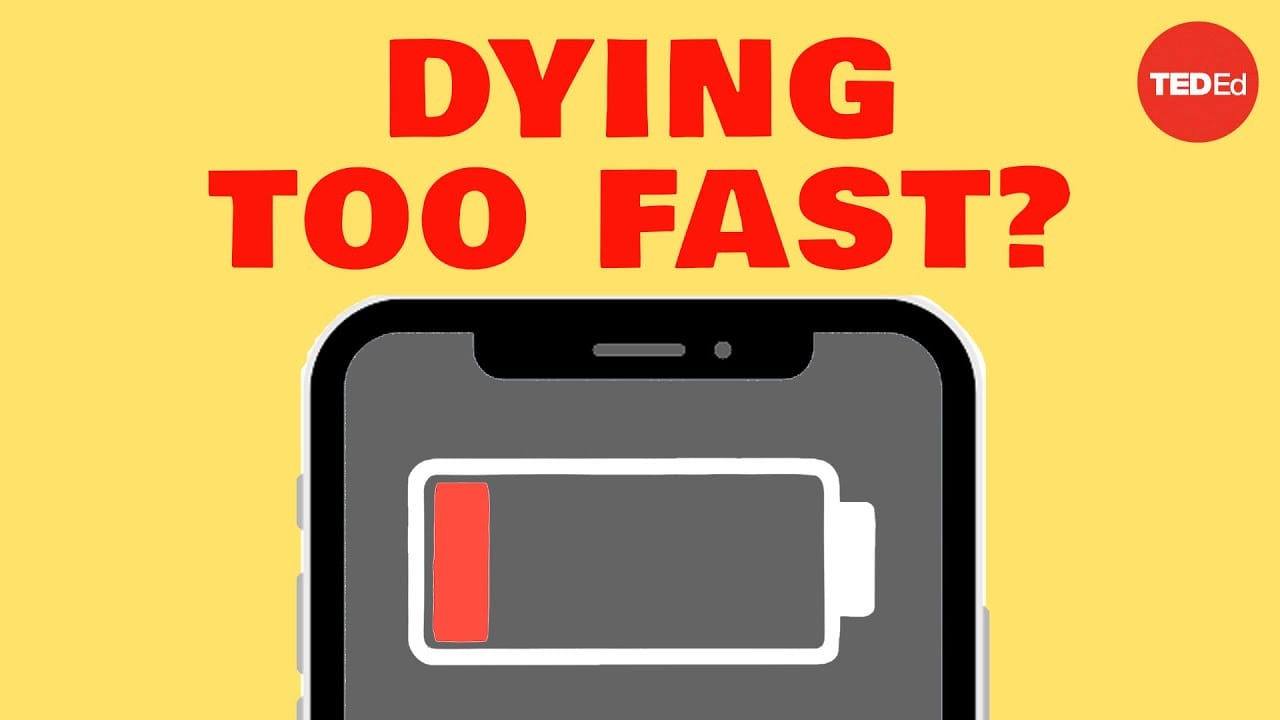What is Obesity
Chat With Your XTutor About This Video Lesson
Lesson Article
The Function of Bodily Fat and its Evolutionary Role
The most basic function of bodily fat is the self-storage of food reserves. In prehistoric times, natural selection favored genotypes that could endure harsh conditions by stocking the most fat. With chronic malnutrition being the norm for most of human history, genetics evolved to favor fat storage.
When Did Body Fat Become Problematic?
Body fat became problematic and the negative impacts of being overweight were not even noted in medical literature until as late as the 18th century. Technological advances coupled with public health measures resulted in the betterment of the quantity, quality, and variety of food. Sustained abundance of good food enabled a healthier population to boom economically. Output increased, and with it, leisure time and waistlines. By the mid 19th century, being excessively overweight, or obese, was recognized as a cause of ill health, and another century later, declared deadly.
Understanding Overweight and Obesity
The distinction between being overweight and being obese is broken down by a calculation called the Body Mass Index (BMI). For example, if someone weighs 65 kilograms and is 1.5 meters tall, they have a BMI of about 29. Obesity is a condition of excess body fat that occurs when a person’s BMI is above 30, just over the overweight range of 25 to 29.9. While BMI can be a helpful estimate of healthy weight, actual body fat percentage can only really be determined by also considering information like waist circumference and muscle mass. Athletes, for instance, have a naturally higher BMI.
Causes of Obesity
At its most basic, obesity is caused by energy imbalance. If the energy input from calories is greater than the energy output from physical activity, the body stores the extra calories as fat. In most cases, this imbalance comes from a combination of circumstances and choices. Adults should be getting at least 2.5 hours of exercise each week, and children a whole hour per day. But globally, one in four adults and eight out of ten adolescents aren’t active enough. Calorie-dense processed foods and growing portion sizes coupled with pervasive marketing lead to passive overeating. And scarce resources, and a lack of access to healthy, affordable foods creates an even greater risk in disadvantaged communities. Yet, our genetic makeup also plays a part. Studies on families and on separated twins have shown a clear causal hereditary relationship to weight gain. Recent studies have also found a link between obesity and variations in the bacteria species that live in our digestive systems.
The Global Epidemic of Obesity
No matter the cause, obesity is an escalating global epidemic. It substantially raises the probability of diseases, like diabetes, heart disease, stroke, high blood pressure, and cancer. It affects virtually all ages, genders, and socioeconomic groups in both developed and developing countries. With a 60% rise in child obesity globally over just two decades, the problem is too significant to ignore.
The Challenge of Weight Loss
Once a person is obese, the climb to recovery becomes progressively steeper. Hormonal and metabolic changes reduce the body’s response to overeating. After losing weight, a formerly overweight person burns less calories doing the same exercises as a person who is naturally the same weight, making it much more difficult to shed the excess fat. And as people gain weight, damage to signaling pathways makes it increasingly difficult for the brain to measure food intake and fat storage. There is, however, some evidence that well-monitored, long-term changes in behavior can lead to improvements in obesity-related health issues. And weight loss from sustained lifestyle changes, or invasive treatments like bariatric surgery, can improve insulin resistance and decrease inflammation.
The Need for Global Measures
What was once an advantage for survival is now working against us. As the world’s population continues to slow down and get bigger, moving and consciously eating our way towards a healthier weight is essential to our overall well-being. And with the epidemic affecting every country in the world for different socioeconomic reasons, obesity cannot be seen as an isolated issue. More global measures for prevention are essential to manage the weight of the world.
Discussion Questions
- How does the self-storage of food reserves contribute to the function of bodily fat?
- What were the technological advances that led to the negative impacts of body fat being recognized in the 18th century?
- How is the distinction between being overweight and being obese determined?
- What are some of the causes of obesity?
- What are the global implications of the obesity epidemic?
- Why is weight loss more challenging for individuals who are already obese?
- What are some potential solutions for addressing the global issue of obesity?
- Why is it important for obesity to be seen as a global issue and not an isolated problem?
Lesson Vocabulary
function – a specific activity or purpose of a person or thing – The main function of a car is to transport people from one place to another.
bodily fat – adipose tissue that is stored in the human body – Excessive bodily fat can increase the risk of various health problems.
evolutionary role – the purpose or function of a particular trait or behavior in the process of evolution – The evolutionary role of camouflage is to increase an organism’s chances of survival.
self-storage – a facility or system that allows individuals to store their belongings in rented units – I rented a self-storage unit to store my extra furniture and boxes.
food reserves – accumulated food that can be used as a source of energy during times of scarcity – Bears store food reserves in their bodies before entering hibernation.
natural selection – the process by which certain traits or characteristics become more or less common in a population over generations due to their impact on survival and reproduction – Darwin’s theory of natural selection explains how organisms adapt to their environment.
chronic malnutrition – a long-term deficiency of essential nutrients in the diet – Chronic malnutrition can lead to stunted growth and impaired cognitive development in children.
genetics – the study of genes and heredity – My grandmother had red hair, and I inherited the trait through my genetics.
overweight – having more body weight than is considered normal or healthy for one’s height and build – He was advised by his doctor to lose weight because he was overweight.
obesity – a medical condition characterized by the excessive accumulation of body fat – Obesity is associated with an increased risk of developing heart disease and diabetes.
body mass index – a measure of body fat based on a person’s height and weight – The doctor calculated my body mass index to assess my weight status.
causes of obesity – factors that contribute to the development of obesity, such as unhealthy eating habits and sedentary lifestyle – Poor diet and lack of physical activity are common causes of obesity.
global epidemic – a widespread occurrence of a disease or condition affecting a large population across different countries or continents – COVID-19 has been declared a global epidemic by the World Health Organization.
weight loss – the reduction of body weight, typically through a combination of diet and exercise – She achieved her weight loss goal by following a balanced diet and engaging in regular physical activity.
global measures – actions or strategies implemented on a worldwide scale to address a particular issue or problem – The United Nations has called for global measures to combat climate change.
Share This Lesson:
- Categories: Health, TED Ed, Video Lessons
- Keywords: bodily fat, body mass index, causes of obesity, chronic malnutrition, evolutionary role, food reserves, function, genetics, global epidemic, global measures, natural selection, obesity, overweight, self-storage, weight loss








